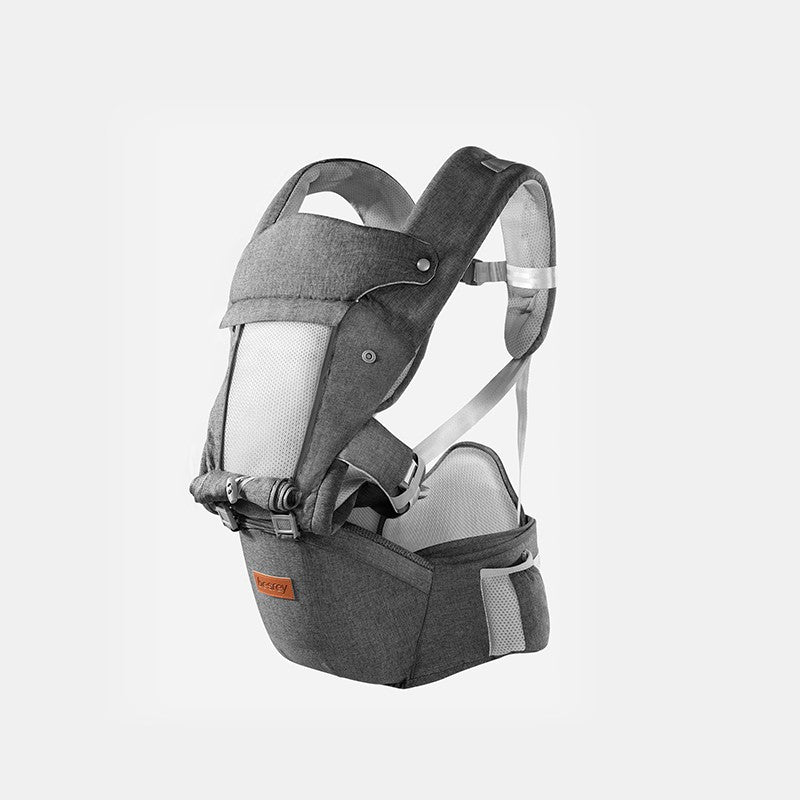Startseite
Pregnancy
What Is the Best Delivery Method for Pregnancy? Natural Childbirth or C-Section?

What Is the Best Delivery Method for Pregnancy? Natural Childbirth or C-Section?
When approaching the due date, expectant mothers face the choice of the method of delivery - natural childbirth or c-section?
Concerns sometimes arise about the health of babies born via c-section. Indeed, C-sections can present certain challenges, including a higher risk of allergies in these infants. However, it's crucial to remember that each mother's situation is unique, and the choice of delivery method should be based on the doctor's recommendations.

But what are the advantages of natural childbirth?
During natural childbirth, the uterus contracts rhythmically, helping expel amniotic fluid and mucus from the baby's respiratory tract. This process strengthens the baby's lungs and reduces the chances of conditions like newborn wet lungs or aspiration pneumonia. Additionally, as the baby passes through the birth canal, they come into contact with the mother's naturally occurring vaginal bacteria, which aids in the establishment of a healthy gut microbiome. A robust gut microbiome is fundamental to overall health.
In contrast, babies born via C-section undergo surgical sterilization and bypass the mother's birth canal. This means they miss out on exposure to the beneficial bacteria found there. Instead, their nearly sterile gut gets immediately colonized by different bacteria, including those present in the operating room air. Unfortunately, these bacteria may not establish the same protective gut barrier as those from the mother's birth canal, and they might even introduce harmful microorganisms, potentially impacting the baby's long-term health.
It typically takes around six months for a C-section baby's gut microbiome to approach the level of natural childbirth babies. This directly affects the development of their gut barrier and immune system, possibly raising the risk of allergies. Allergies, once developed, can have a lasting impact on lifelong health.

So, how can you reduce the risk of allergies in babies born via c-section?
- Early Initiation of Breastfeeding: Initiating breastfeeding as soon as possible is crucial. When the baby latches onto the mother's breast, beneficial bacteria from the mother's body, combined with breast milk, enter the baby's gut. This helps establish the baby's gut microbiota and supports the maturation of their immune system. Importantly, the proteins in breast milk are hypoallergenic, which means they are less likely to trigger allergies.
- Probiotic Supplementation for Mothers: Mothers can consider supplementing their diet with probiotics. By regulating their own gut microbiota, mothers can transmit beneficial microbes to their babies through breastfeeding. This aids in the establishment of a healthy gut microbiota in infants.

In conclusion, while the choice between natural childbirth and C-section is essential, it's equally vital to focus on measures that can mitigate potential risks and promote the baby's overall health, regardless of the method of delivery. Always consult with healthcare professionals for personalized guidance.
Teilen





